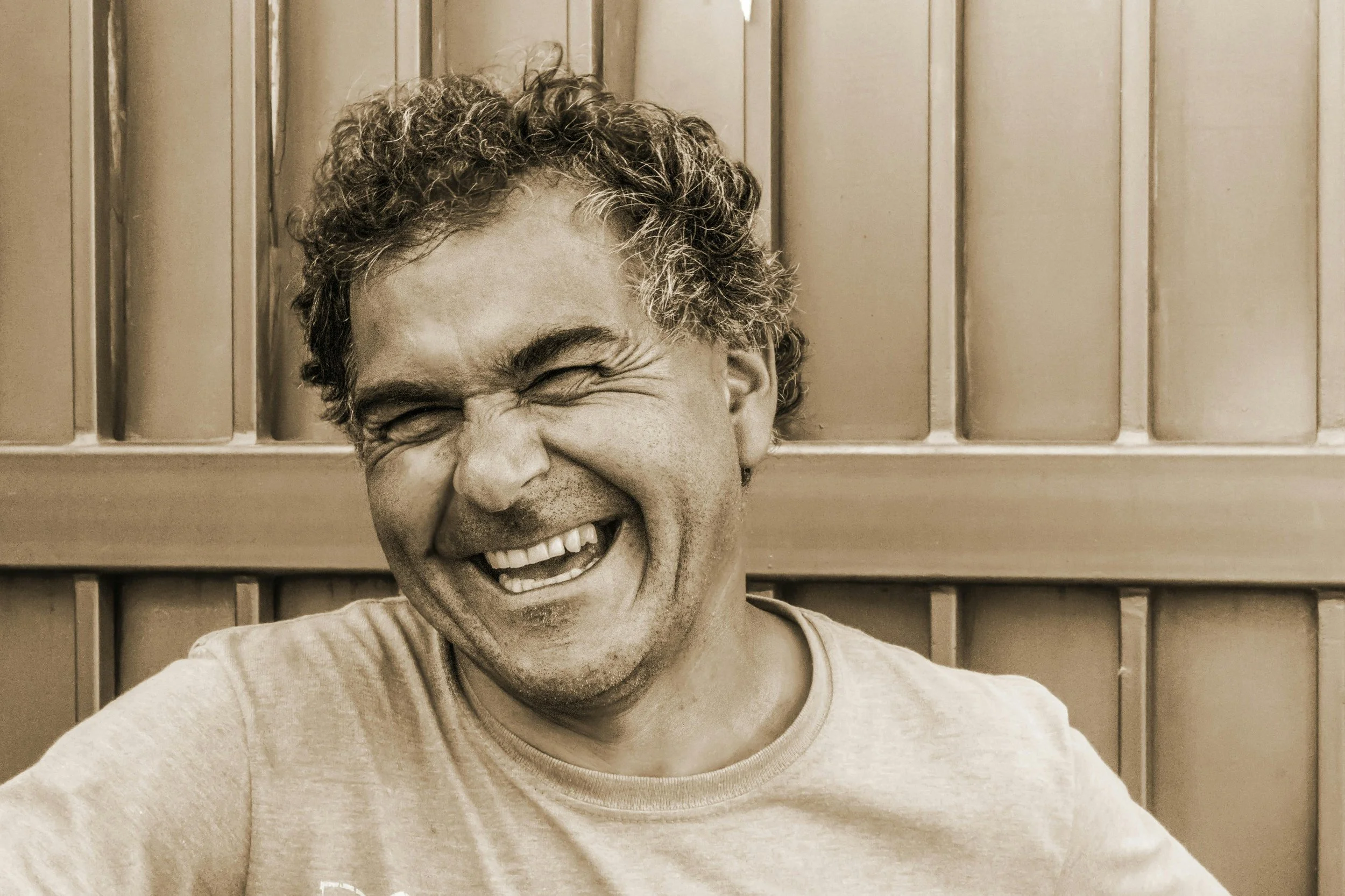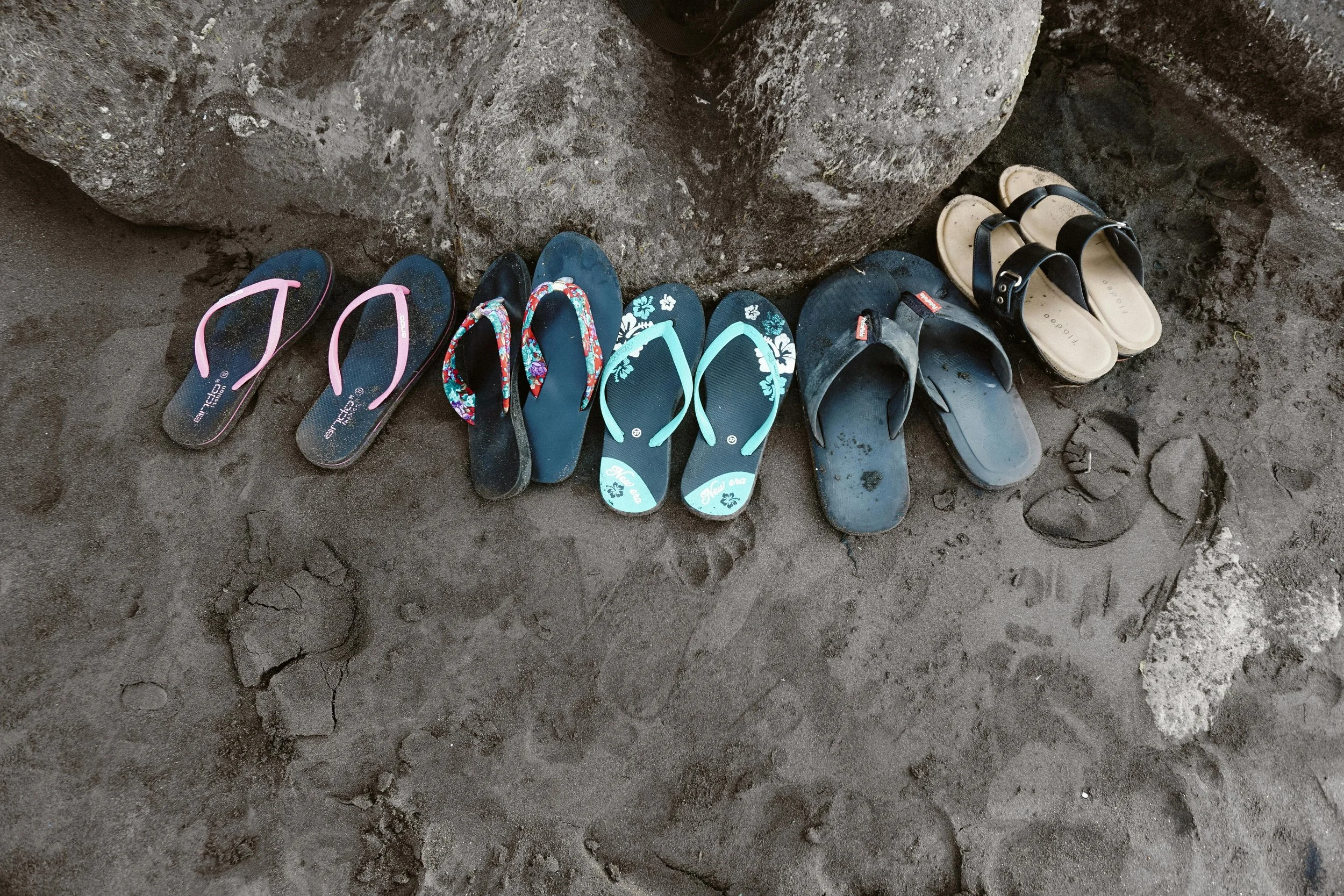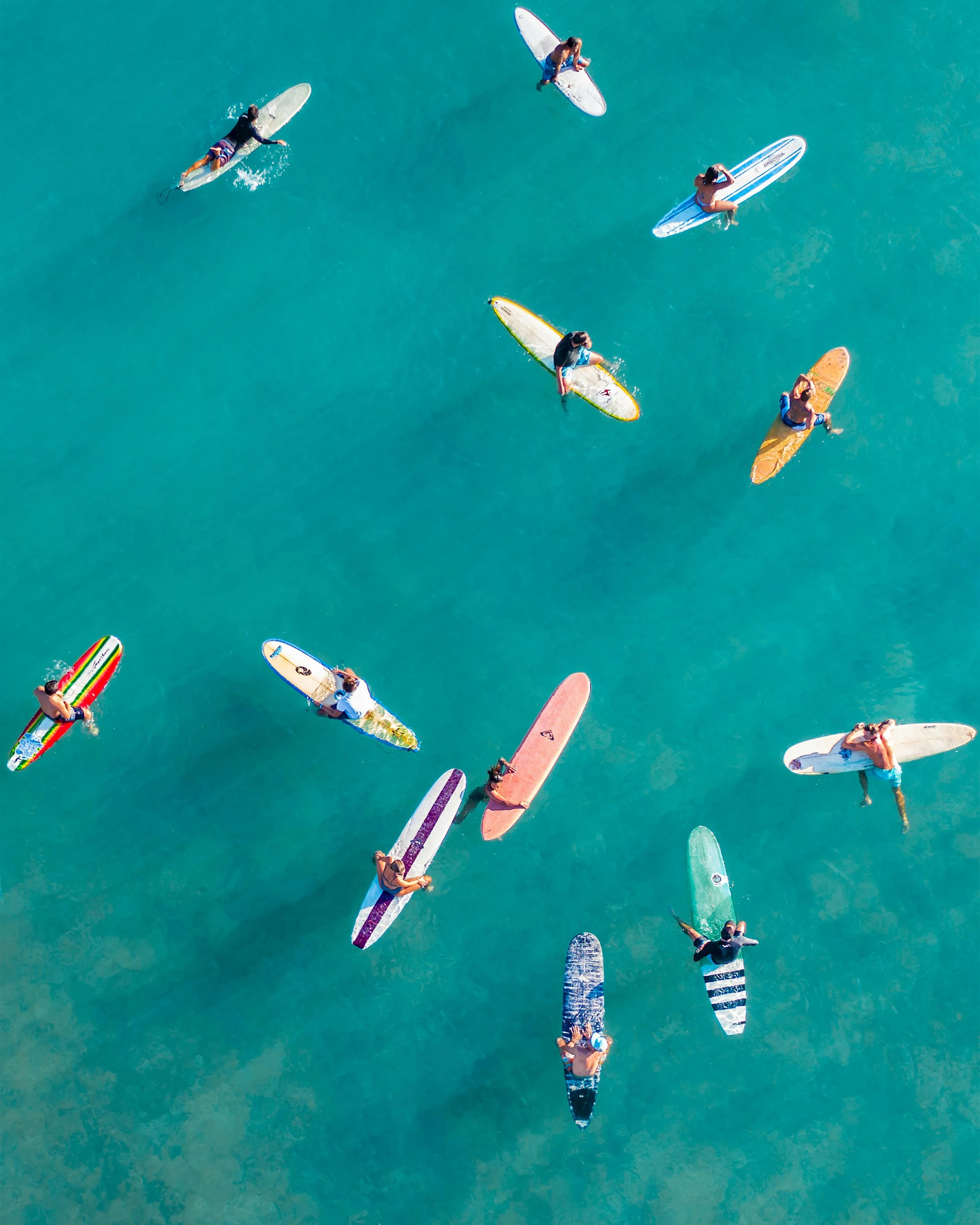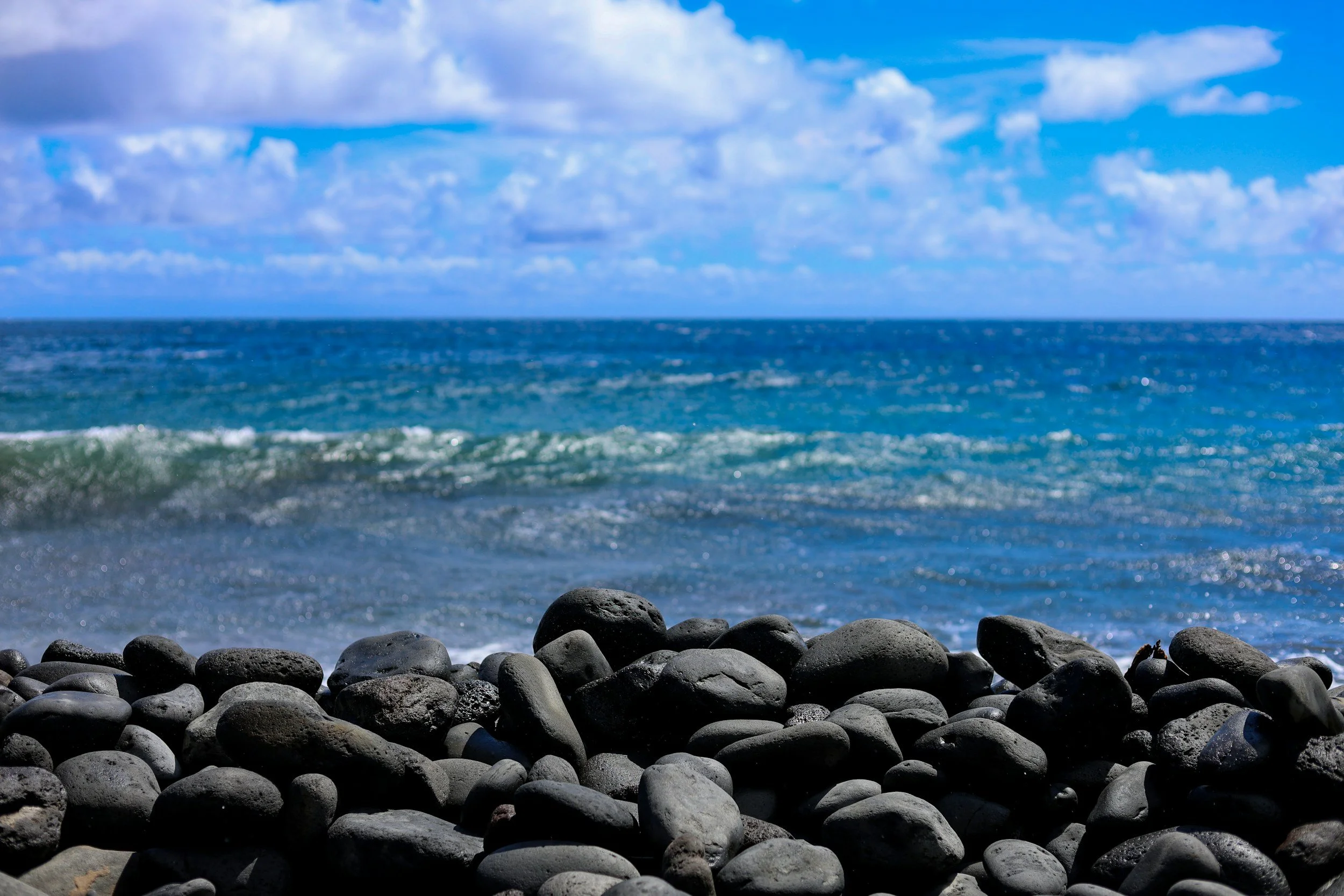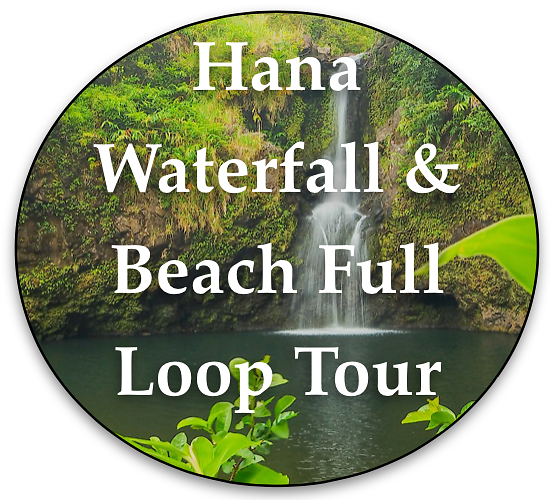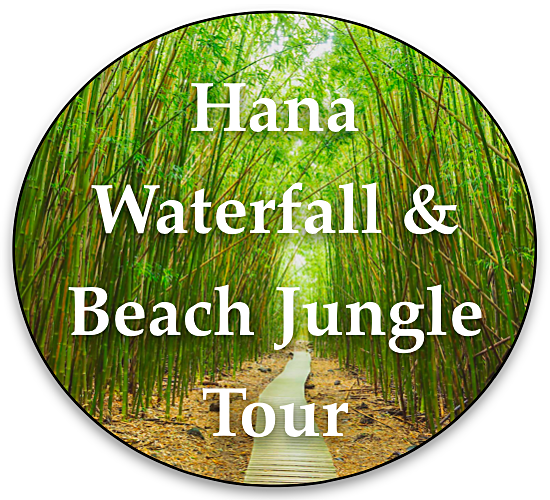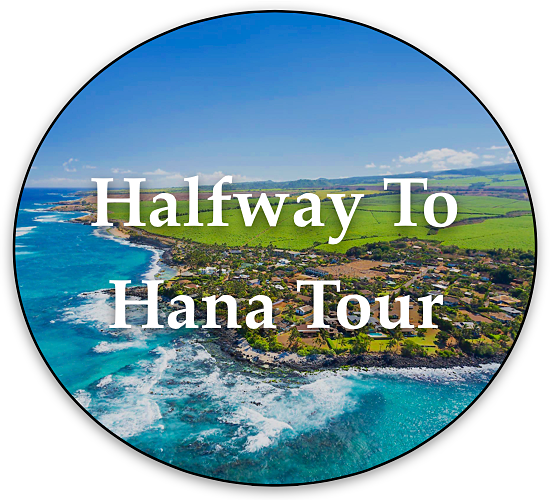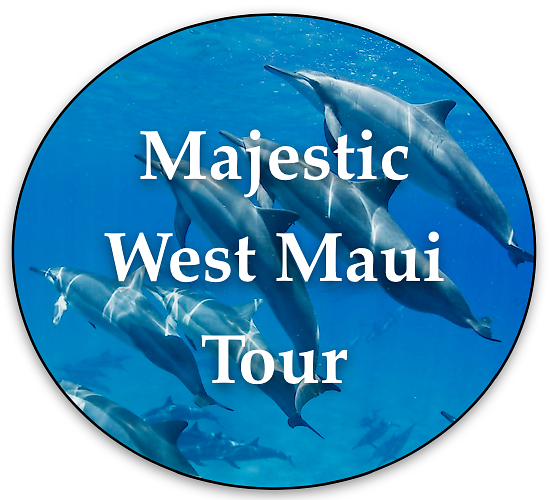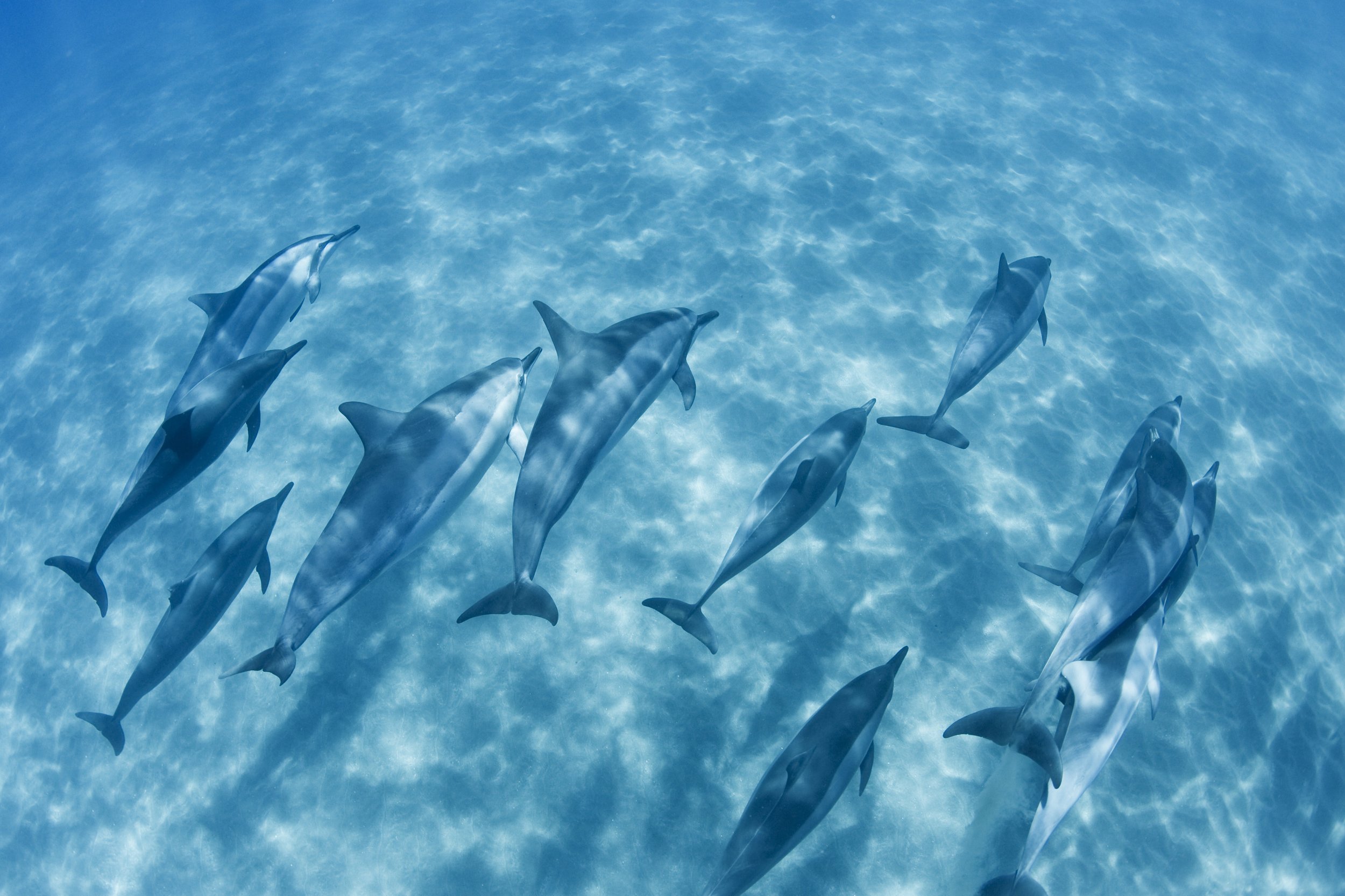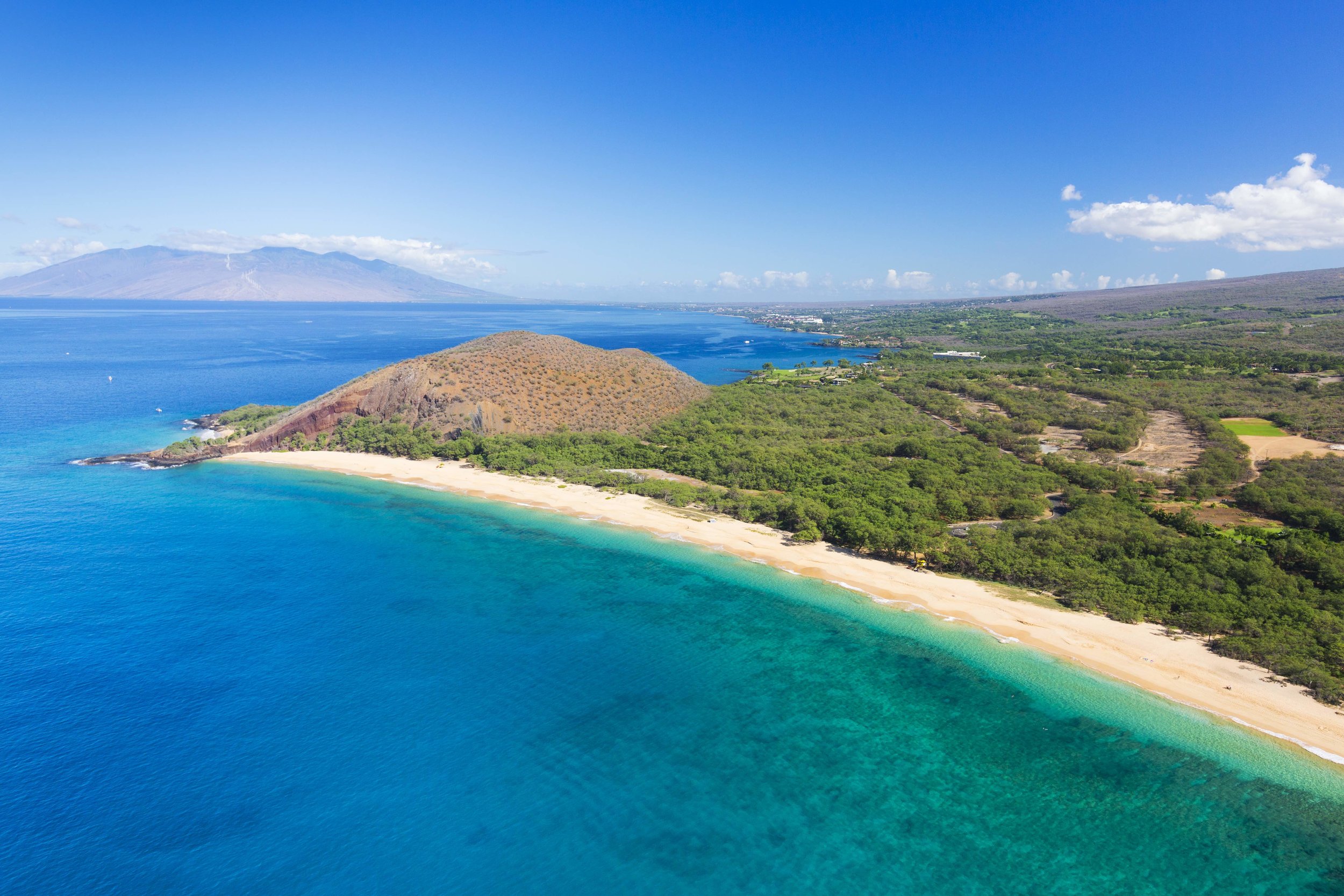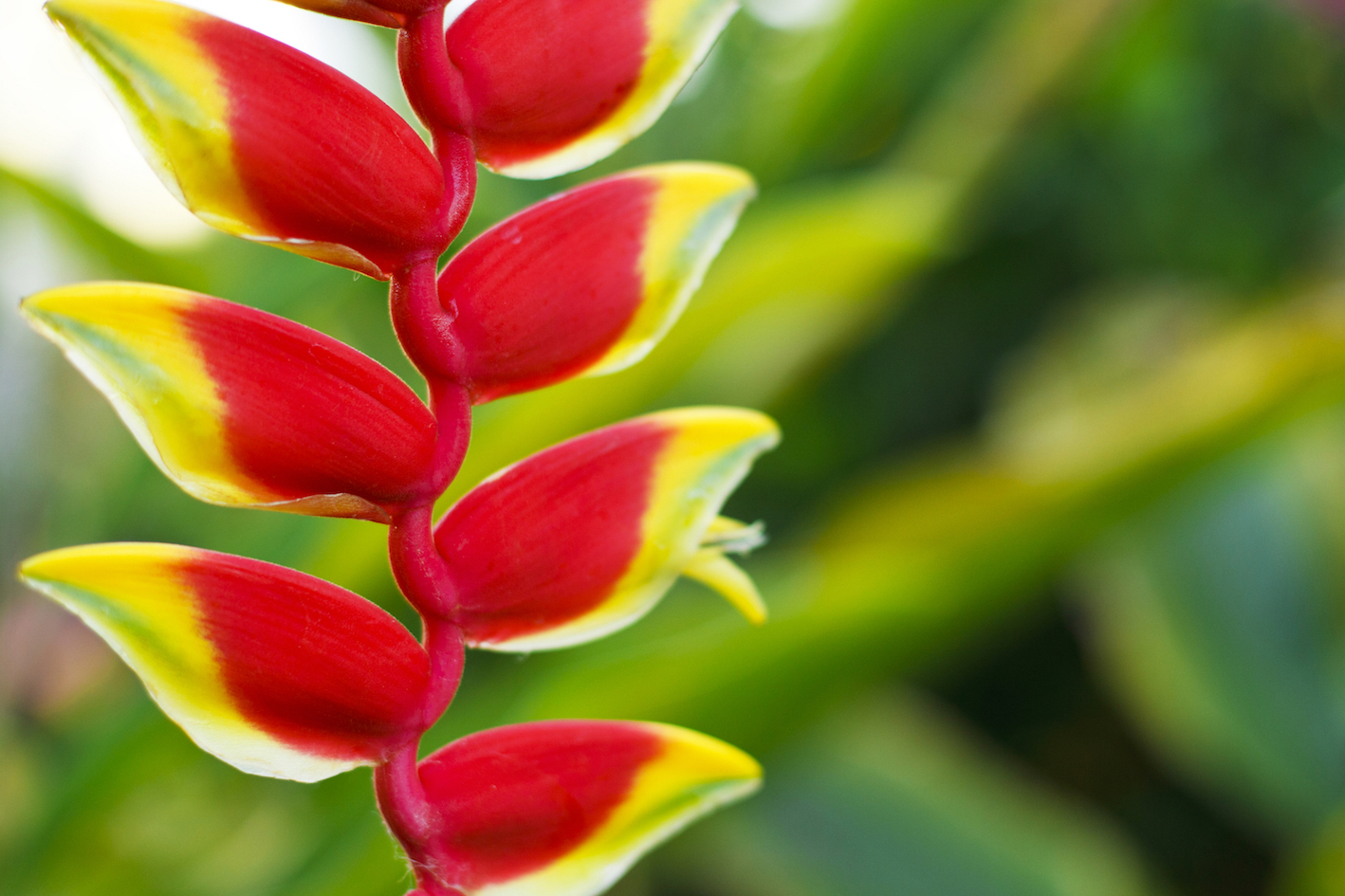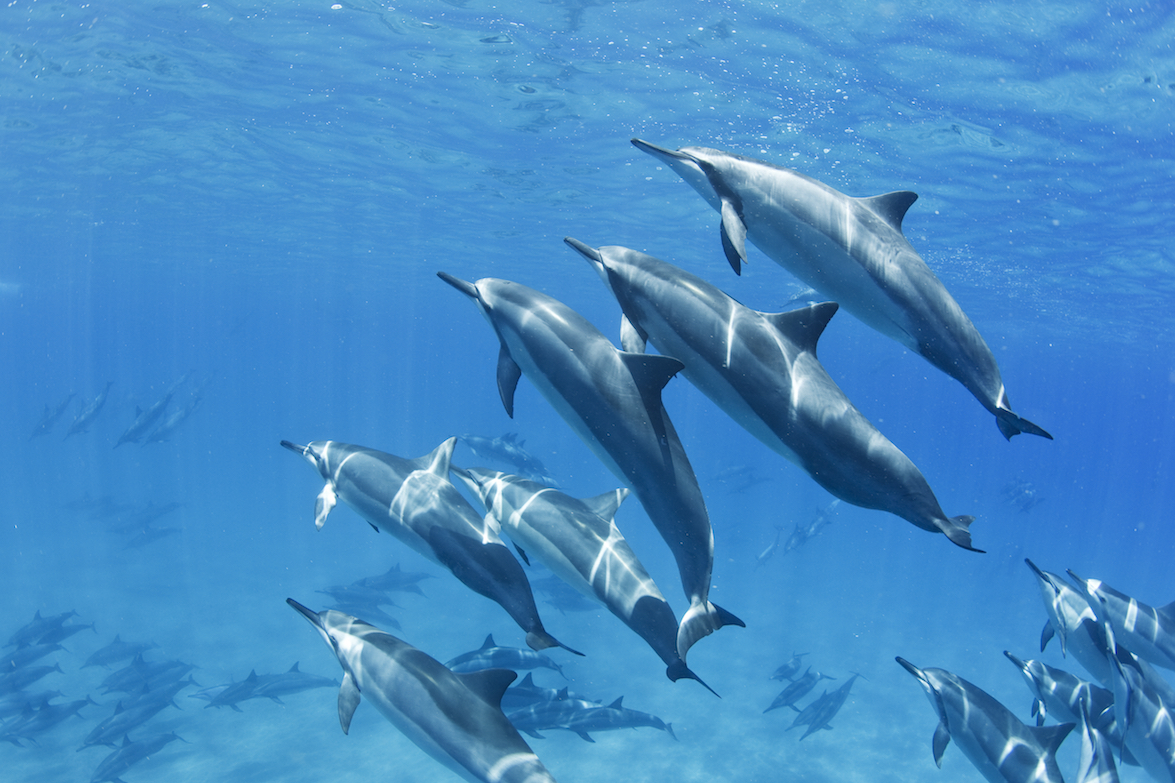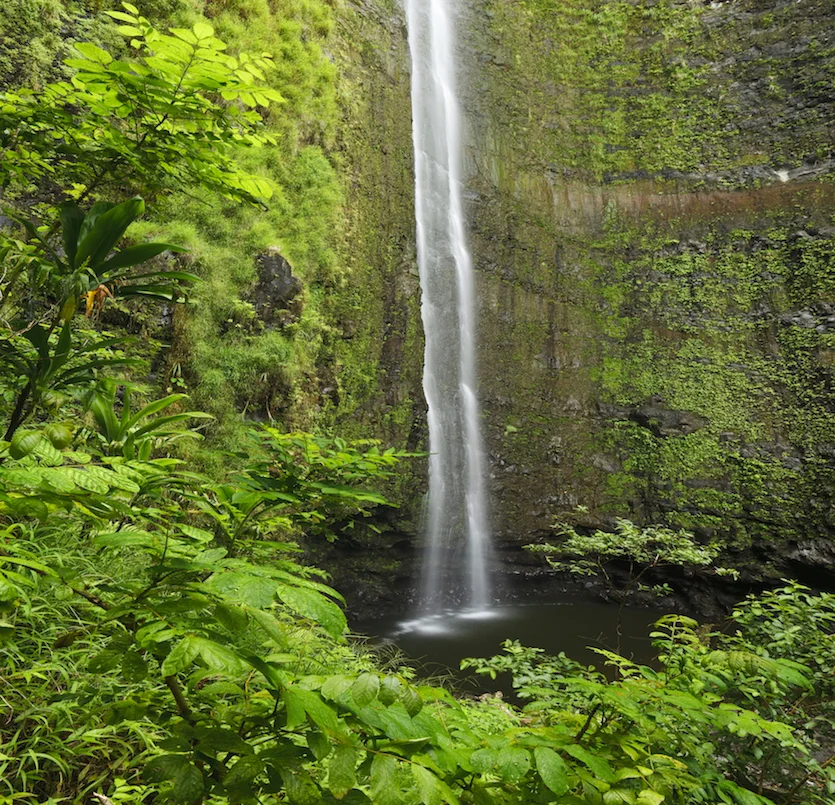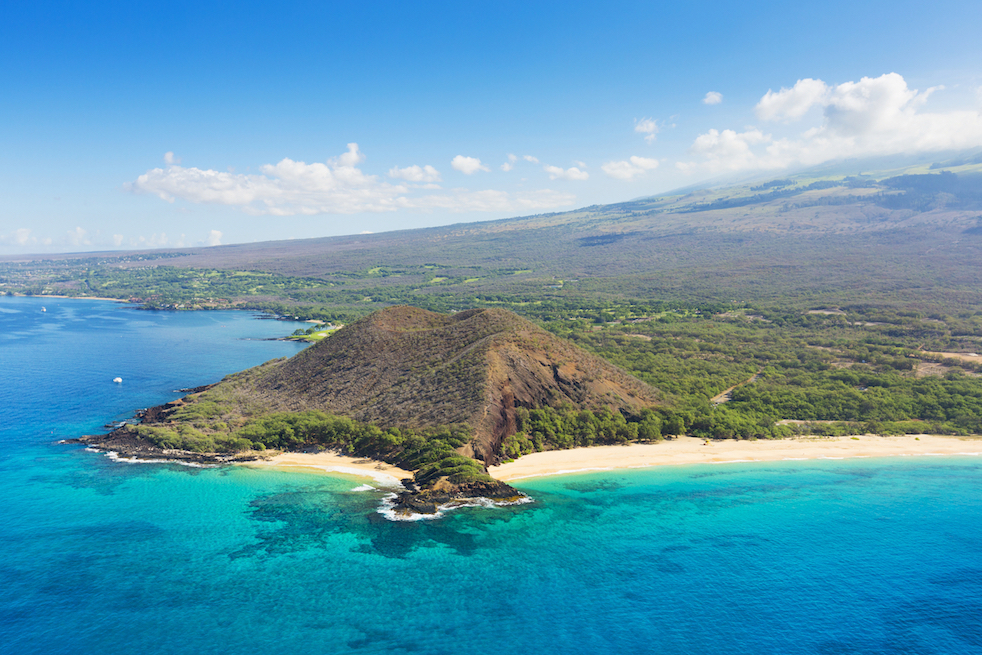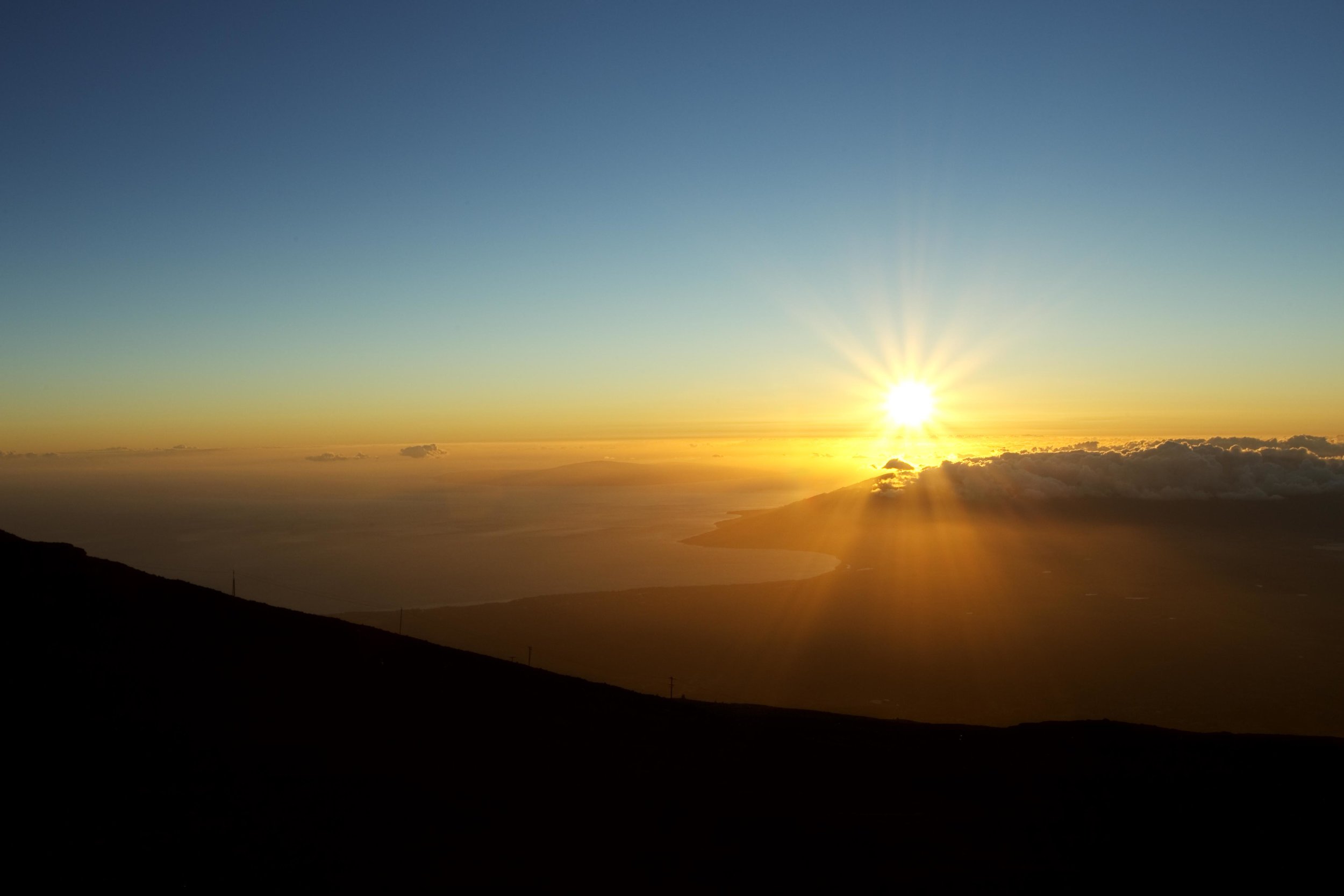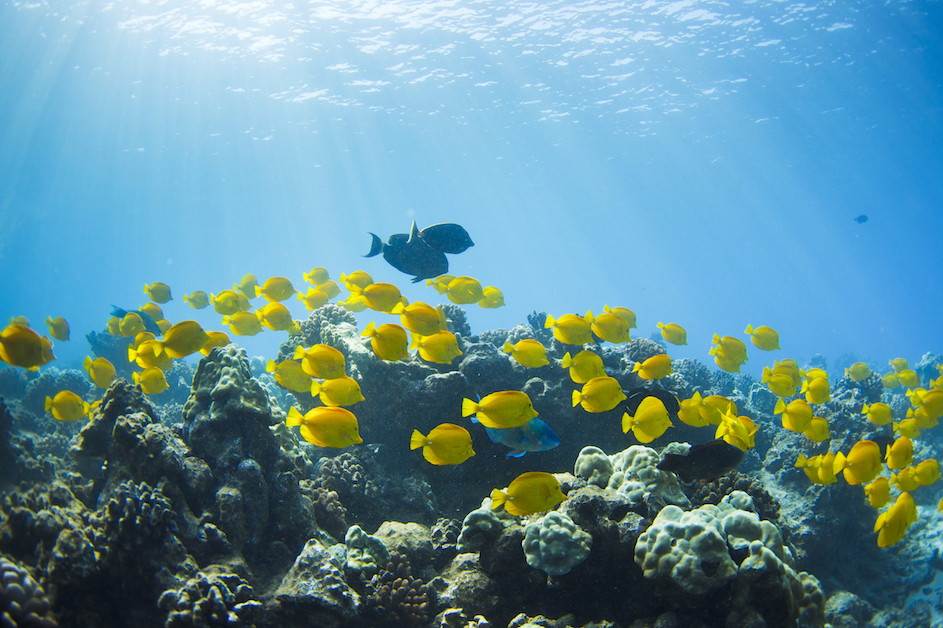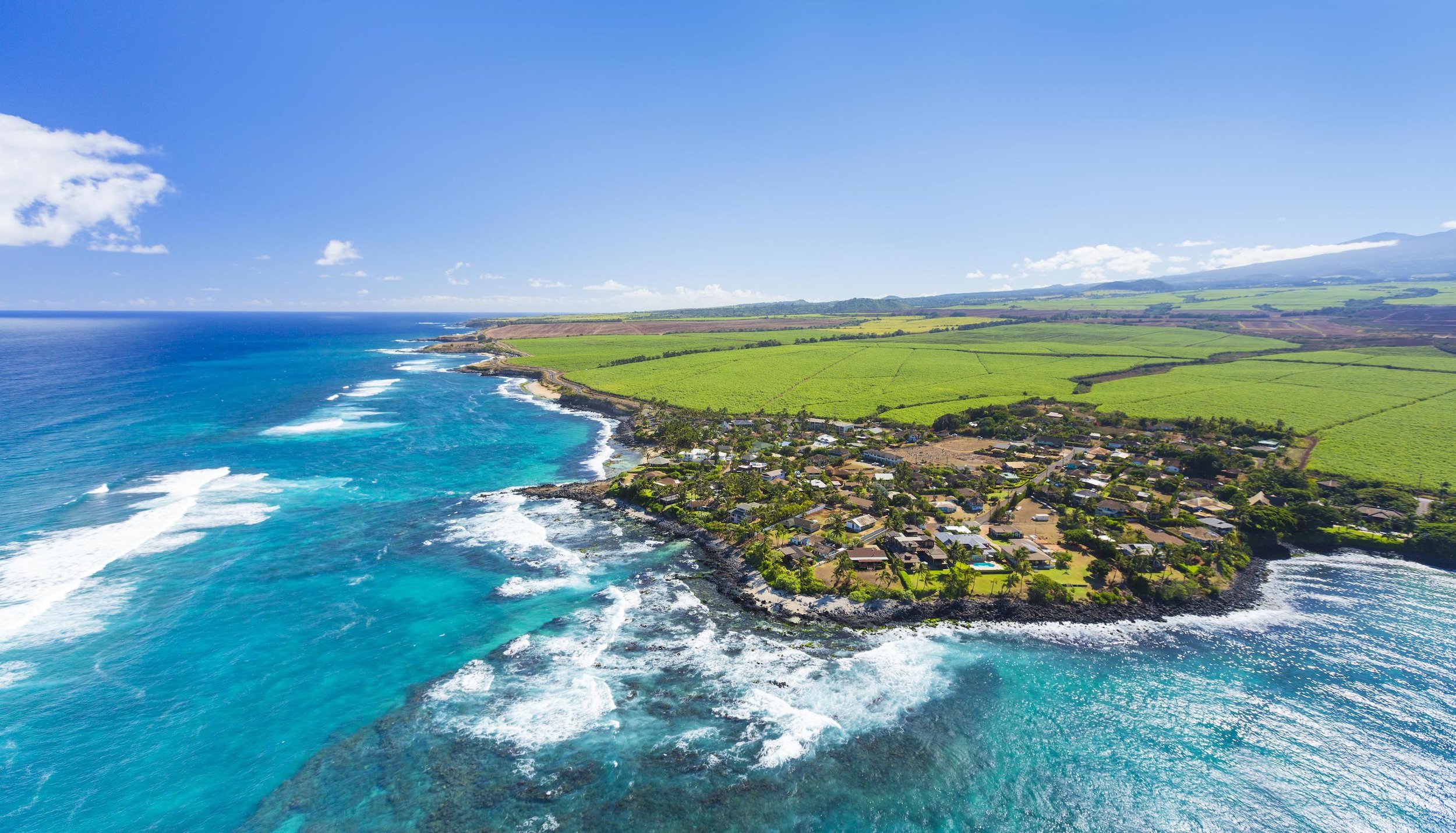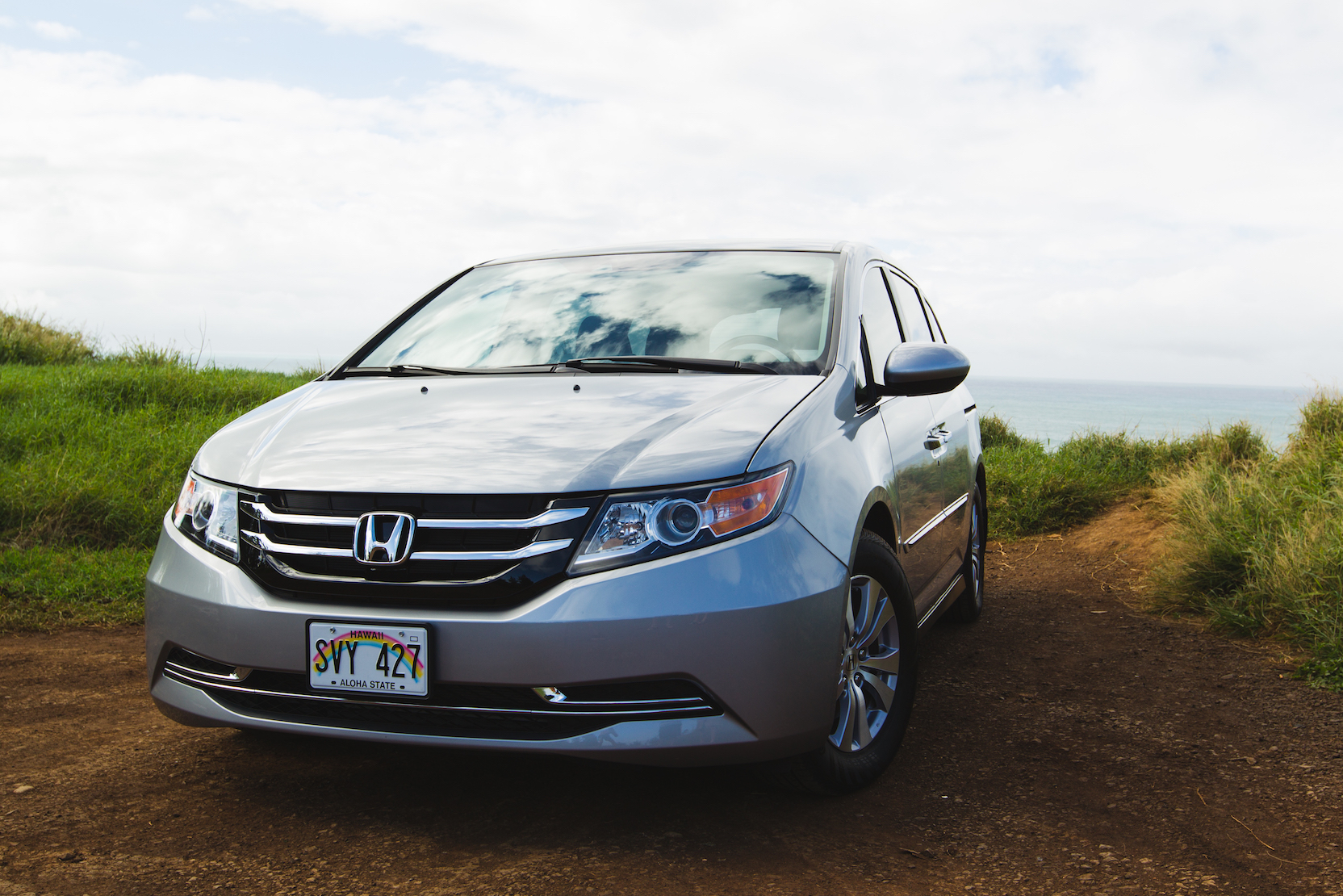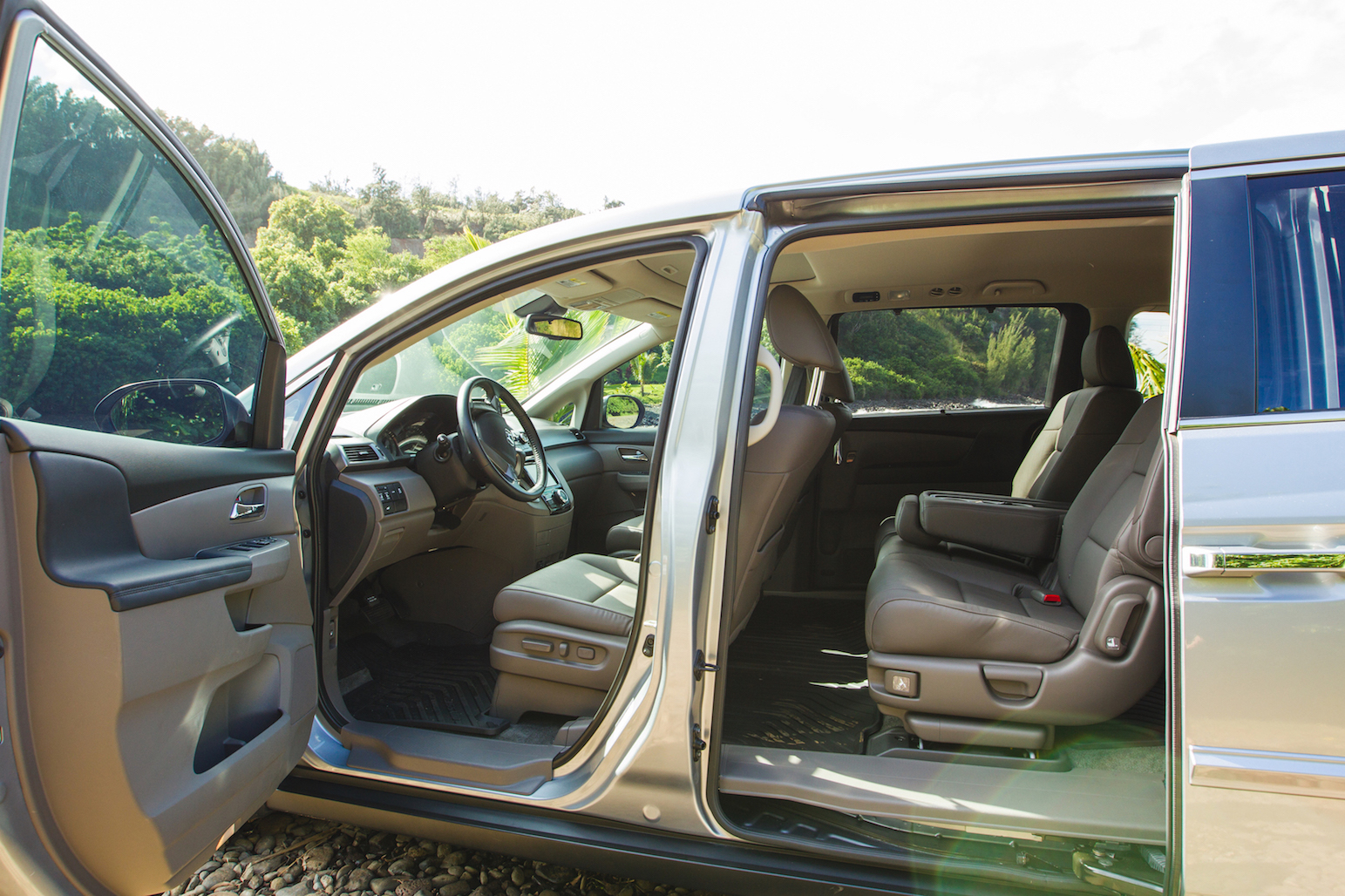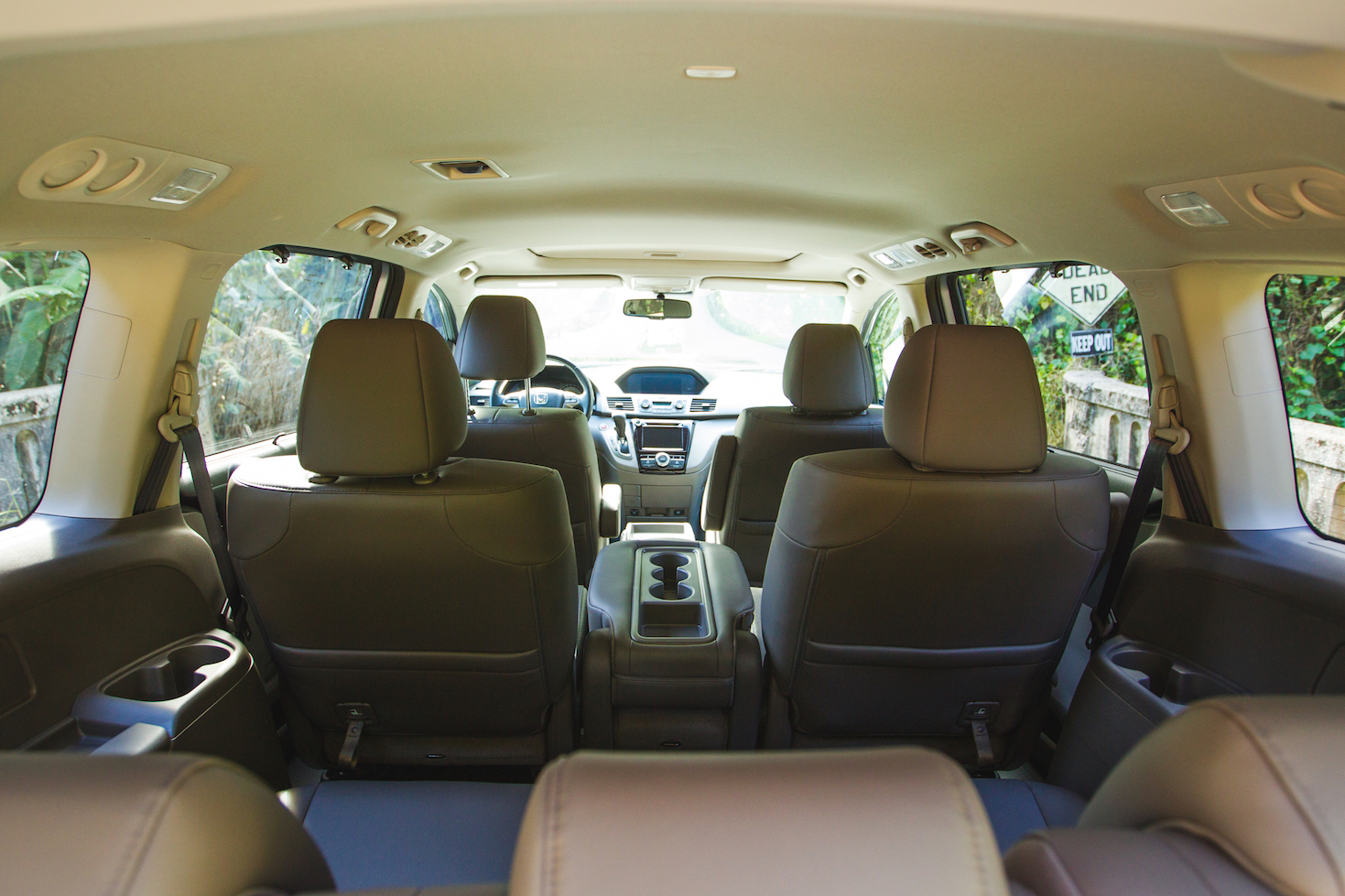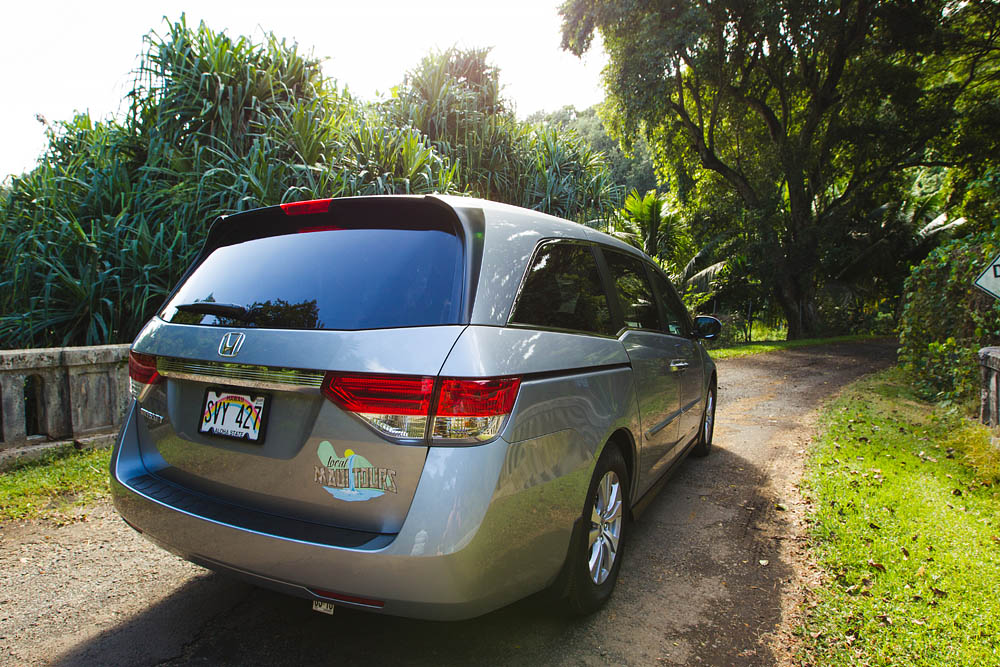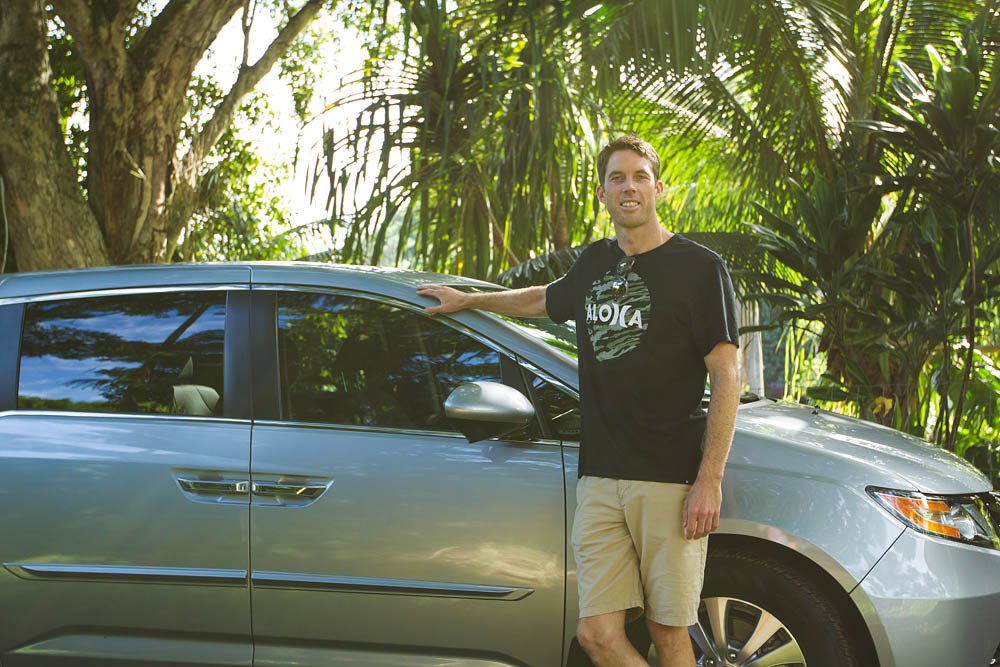🌈 THE LANGUAGE OF ALOHA: FROM ANCIENT CHANTS TO PIDGIN PRIDE
In Hawaiʻi, language has always been more than words — it’s heartbeat, memory, and identity. From the ancient mele(songs) and oli (chants) that connected Hawaiians to land and spirit, to the everyday grind of modern Pidgin spoken in line at Foodland, the voices of Hawaiʻi tell a story of resilience, connection, and deep-rooted aloha.
🌺 A VOICE FROM THE EARTH: ʻŌLELO HAWAIʻI
ʻŌlelo Hawaiʻi — the Hawaiian language — is one of the oldest living Polynesian languages and was once spoken widely across the islands. With only 13 letters, it’s a language rich in kaona (hidden meaning), poetic flow, and deep connection to ancestry and ʻāina.
Before Western contact, Hawaiian literacy was oral. Knowledge was passed through oli (chants) and hula — sacred acts of storytelling. These weren’t just performances. They were genealogies, maps, prayers, and ecological memory. They taught how to live in pono (balance) with the land, each other, and the spirits that surround us.
📚 SUPPRESSION AND SURVIVAL
After the Hawaiian Kingdom was illegally overthrown in 1893, ʻŌlelo Hawaiʻi was banned in schools. Entire generations were punished for speaking their native language. By the 1970s, fluent speakers were nearly gone.
But language is mana, and you can’t silence something that lives in the bones of a people
✨ THE RISE OF PIDGIN: REAL TALK, REAL ROOTS
As Hawaiʻi became a plantation melting pot, immigrants from Japan, China, Portugal, the Philippines, and others came together — and a new language was born. Pidgin, or Hawaiʻi Creole English, is not broken English. It’s a full-blown, functional language with its own grammar, rhythm, and heart.
It’s the voice of the grindz line, the lanai stories, and the pau hana laughs.
It’s aunties yelling, “No make li’dat!” and uncles going “Ho! Broke da mout'!”
It’s how we talk. It's who we are.
🗣️ TALK STORY: THE LIVING LANGUAGE OF HAWAIʻI PIDGIN
Walk through any local neighborhood and you’ll hear it — the realness of Pidgin. Born from necessity and shaped by generations, it became the natural language of home for thousands of locals.
🤲 WHY SOME PEOPLE NEVER SPOKE “PROPER” ENGLISH
Here’s the honest truth: a lot of families in Hawaiʻi never spoke English at home. If your grandma spoke Ilocano, or your dad only knew Japanese and Pidgin, then nobody corrected you when you said “no can go” instead of “I can’t go.”
That wasn’t ignorance — that was survival.
And when people say “broken English,” remind them:
It’s not broken — it’s brah-ken 😆 (nah but fo' real — it's adapted).
💬 BETWEEN TWO WORLDS
Maybe you grew up like me: speaking perfect English with your parents, but switching to Pidgin with your cousins. It’s not fake it’s code-switching. It’s about context and respect.
And real talk: my parents don’t speak Pidgin.
If I say, “Ho brah, we go cruise?” they just blink.
It’s not just about language it’s upbringing, generation, and cultural lanes.
📱 PIDGIN IN EVERYDAY LIFE
You’ll hear Pidgin everywhere — in da lunch line, at da bus stop, in comedy shows, and in everyday texts:A: "Ho, you pau work already?"
B: "Yeah, pau. What, you like cruise?"
A: "Shoots, I come pick you up. We go get some grindz."
Translation:
A: “You done with work?”
B: “Yeah. Wanna hang out?”
A: “I’ll come grab you — let’s eat.”
🎭 NOT JUST A JOKE LANGUAGE
Pidgin sometimes gets brushed off like it’s only for laughs — but it holds serious cultural identity. It’s how locals pass on values like humility, respect, ʻohana, and toughness. It’s legit.
Schools, writers, and poets are embracing it too — because it’s not broken.
It’s our voice.
🏷️ PIDGIN WORD ORIGINS BY CULTURE
🏷️ Pidgin Words by Origin:
Portuguese:
Pakege (package) → from "pacote"
Malasada (sweet doughnut) 🍩
Tita (tough girl, like a “sistah” with attitude)
Japanese:
Bento (lunch box) 🍱
Shishi (pee)
Kau kau (eat/food – from “kao,” eat)
Filipino/Ilocano/Tagalog:
Balikbayan box (care package sent home)
Sarap (delicious, sometimes used like “ono”)
Apo (grandchild – sometimes used in local homes)
Chinese:
Chop suey (mixed up, or leftovers)
Pake (Chinese person, often used to mean stingy — kinda old school)
Mo li dat (don't do that / no can — from Cantonese inflection)
Hawaiian:
Keiki (child)
ʻOhana (family)
Aloha (love, hello, goodbye — but really a whole worldview)
🌊 KEEPIN’ IT ALIVE
Like ʻōlelo Hawaiʻi, Pidgin continues to evolve. The next generation blends it with tech lingo, emojis, and even a resurgence of Hawaiian words.
Whether you grew up speaking it or you're just starting to learn — Pidgin is how you feel Hawaiʻi. Not just the land… but the people.
💡 ʻŌLELO TIP OF THE DAY
E mālama i ka ʻāina, e mālama ka ʻāina iā ʻoe.
Take care of the land, and the land will take care of you.




